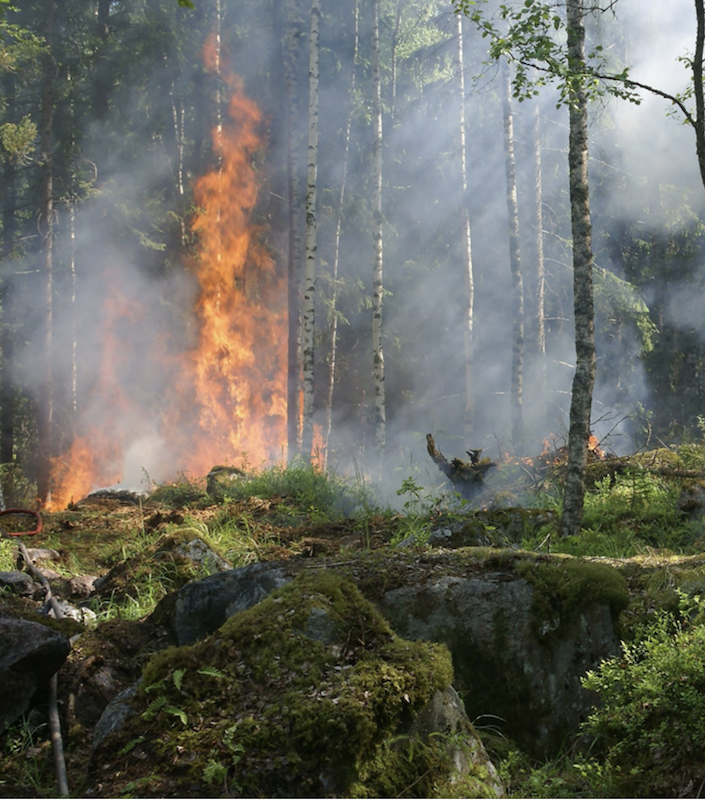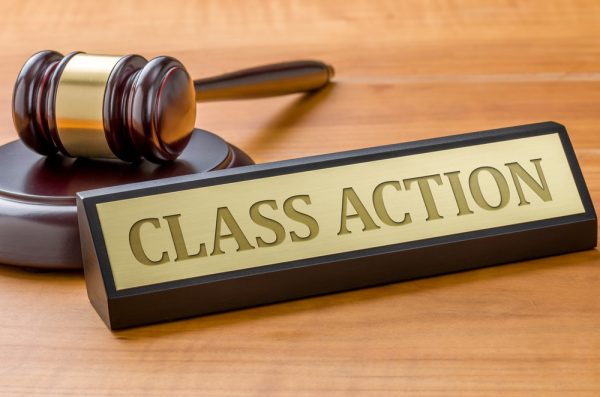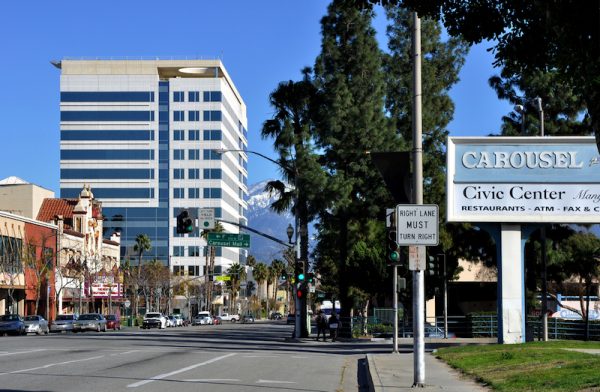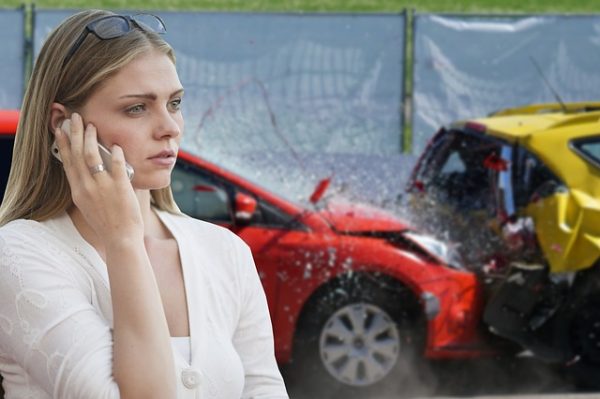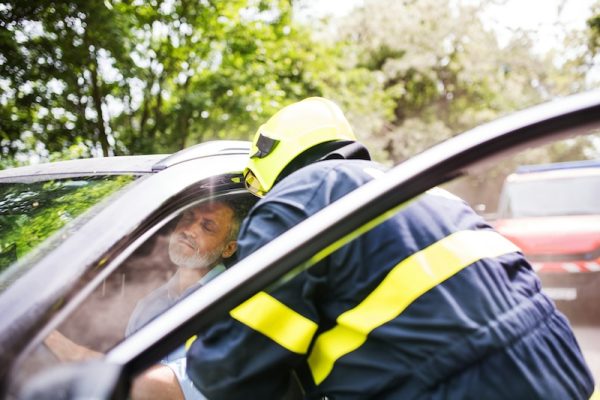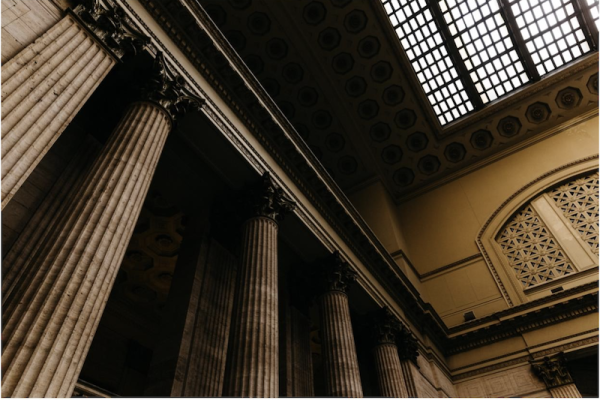How is Liability for a Wildfire Determined in the USA?
Content provided by legal writers
Since 2000, America has experienced an average of 70,000 fires yearly, consuming approximately 7 million acres of land. Most Americans assume that wildfires are unavoidable natural disasters or acts of God.
While environmental conditions such as extended droughts, high heat, and lightning can spark wildfires, some of the biggest wildfires have resulted from human error. Sadly, some fires result in massive property losses, injuries, and loss of human life.
If you have suffered wildfire losses and are wondering if you have any chance of getting legal redress for your losses, this post is a good read for you.
The Responsibility for Preventing Wildfires
Every American citizen has a responsibility to avoid actions that could pose foreseeable harm to other people, including actions that relate to fires. Such actions can include leaving campfires burning after breaking camp, dropping burning cigarette butts, using lighter and matches in no-fire zones, or using fireworks in restricted areas.
Property owners also have the responsibility of preventing wildfires. In California, the state with the highest wildfire prevalence in the US, residents in high-risk zones for wildfires are required to leave 100 feet between a vegetative area and their homestead as defensible space.
Utility companies must also clear all vegetation near their transition lines to minimize the chances of fires resulting from faults in the transmission lines. Failing to adhere to these rules attracts costly fines and possible liability for damages resulting from fires caused by their lack of adherence to the set rules.
Determining Liability
Financial responsibility for wildfires depends on whom or what causes the fire. The National Interagency Fire Center (NIFC) investigates the cause of fires and their findings are used to advise decision-making, such as creating plans to minimize the chances of fire or the damages resulting from one.
If a fire results from natural causes, nobody has liability for resulting damages. However, you could look into your home insurance coverage to see your chances of recovering damages.
If the investigations point to the recklessness of a person or entity in starting a wildfire, the person could be held liable for damages resulting from the fire.
Circumstances, where a party could be liable for a fire can include:
- An electrical company that fails to inspect and clear vegetation along their lines which results in wildfires
- Building a campfire without following proper fire safety measures
- Failure to observe set out fire safety precaution for business and homes which result in fires
- Commission of an intentional crime such as arson
If you have suffered damages from a wildfire caused by another party’s negligence, you should consider holding the responsible party responsible for the damages suffered.
When navigating a wildfire case, you will want to engage a lawyer with experience handling fire damage lawsuits to ensure you recover a fair settlement for your damages. However, to recover compensation from the at-fault party, your lawyer must prove that negligence was a factor in causing the fire.
Proving Negligence in a Wildfire
The burden of proof for wildfire damages lies with the claimant.
To prove negligence in a fire damages lawsuit, the claimant, through their lawyer, must prove that the defendant:
- Had a duty to exercise care
- They neglected their duty to reasonable care
- The neglect of their duty caused a wildfire
- The fire resulted in damages to you.
Damages recoverable in a wildfire lawsuit can include damage to property such as homes, household items, vehicles, farm equipment, livestock, and crop damage. Other damages include bodily injuries to you or your loved ones or death and non-economic damages such as PTSD, pain and suffering, and psychological trauma.
If the cause of the wildfire was intentional, the defendant could also face criminal charges. Also, your attorney could look into recovering punitive damages from the defendant.
This content is provided by an independent source for informational purposes only and does not contain legal advice. Consult an attorney or financial advisor when making decisions. This information is provided by legal writers and does not reflect the views or opinions of The Daily Sundial editorial staff.
